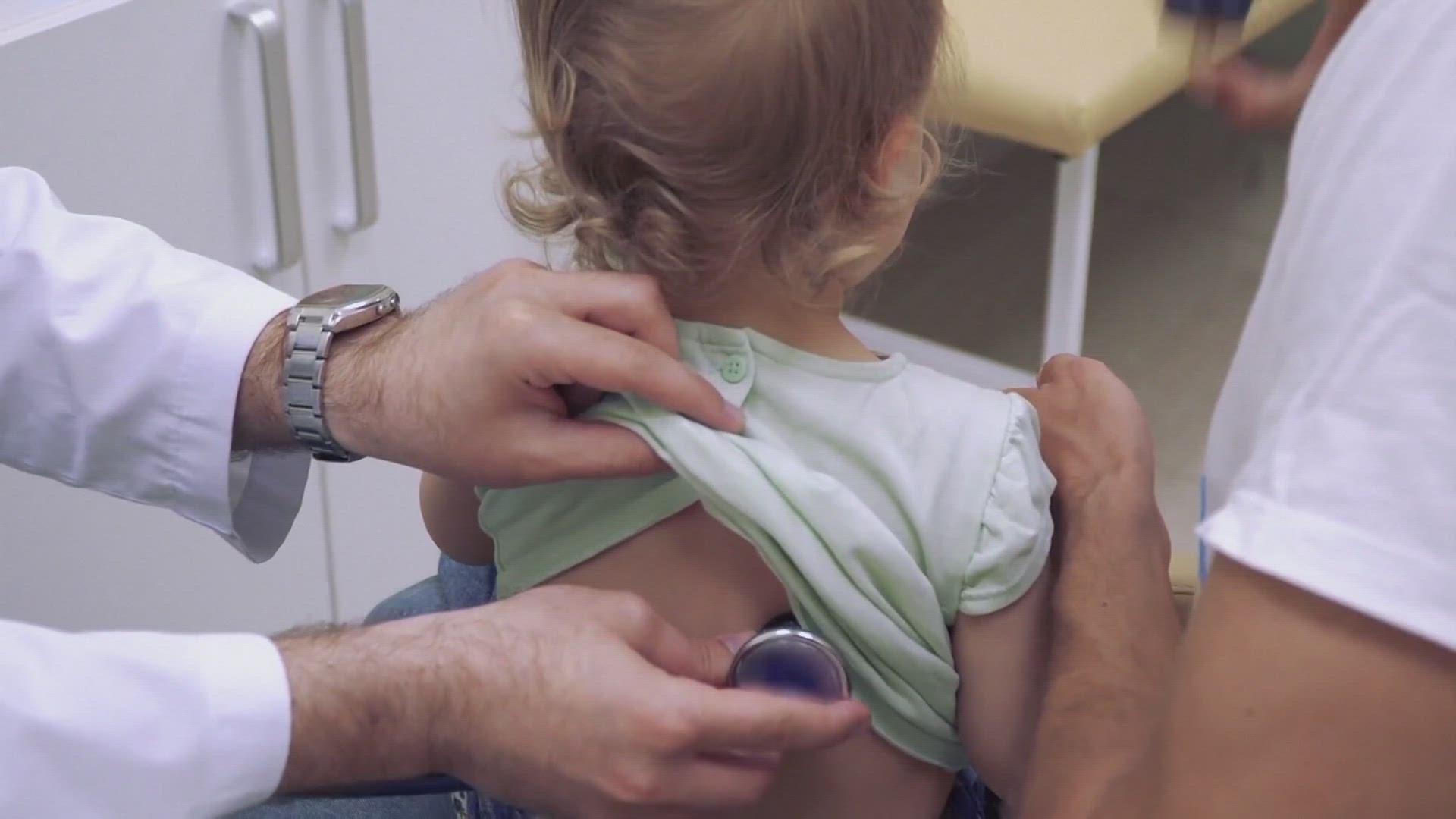HARRISBURG, Pa. — With the number of respiratory virus cases rising across the state, some Central Pennsylvania healthcare facilities are adjusting their masking policies in an effort to keep patients, staff, and visitors safe.
UPMC announced it will require masking all at of its healthcare facilities beginning December 20 due to the increased number of COVID-19, RSV, and influenza cases, the healthcare provider said in a statement.
"UPMC is seeing an increase in cases of respiratory viruses, including Covid, influenza and RSV," the statement said. "To protect the health and safety of our employees, patients and visitors, everyone in our health care facilities will wear effective masks which reduce transmission of respiratory viruses in health care settings starting Dec.20.
"We will continue to monitor the number of cases in our communities and adjust our protocols as the situation evolves."
UPMC is currently the only provider requiring masks.
Here are statements from some of Central Pennsylvania's other healthcare systems:
WellSpan Health said its infectious disease team is monitoring the latest trends, but at the moment does not require masking at its facilities, with the following exceptions:
- When you are suspected or confirmed to have COVID-19
- For ten days following a high-risk exposure to COVID-19
- When visiting an immunocompromised patient
- In an area or department designated as requiring masks due to critical patient care
- In a county where COVID transmission is high and masking is required by the CDC
- When cleared to return to work following a positive COVID-19 test until ALL symptoms are fully resolved.
Penn State Health said it has a tiered masking policy, and guidance is based on the number of positive cases of respiratory illnesses in the community.
"We are currently in a tier where masking is recommended, but not required, in areas of patient care," Penn State Health said in a statement. "Overall, masking is optional across the health system with exceptions in place for certain patient care areas, such as clinics and units where patients who are immunocompromised are treated to best protect them."
Lancaster General Penn Medicine has not updated the masking policy on its website since May. Masking remains optional at its facilities, with some exceptions.
Masking is still required for patients, visitors and staff members providing direct care in:
- Emergency Department waiting rooms
- Inpatient rooms, waiting rooms, and ambulatory rooms where oncology or solid organ transplant patients receive care (at Lancaster General Hospital and the Ann B. Barshinger Cancer Institute)
- Open hemodialysis units
- Infusion centers at the Ann B. Barshinger Cancer Institute and the Suburban Pavilion
- Neonatal intensive care unit at Women & Babies Hospital
- Any setting or encounter where a patient requests that staff wear masks
Masking is also required when any patient has respiratory symptoms (both patient and employees must mask).

